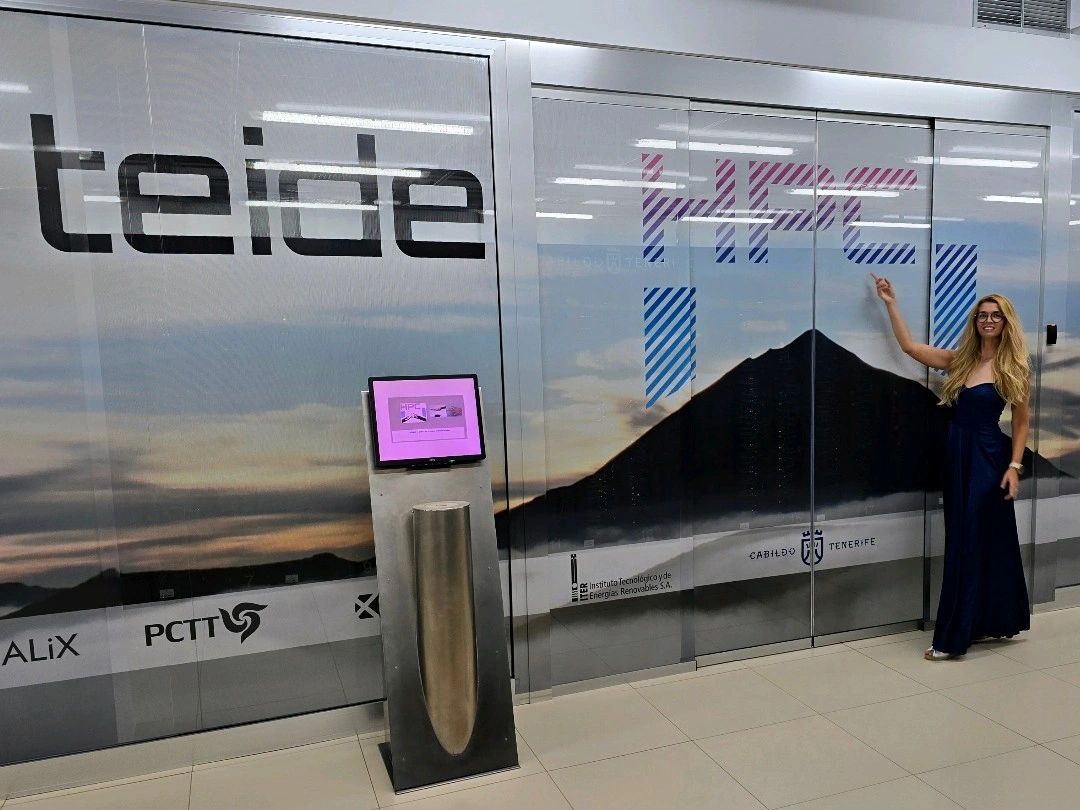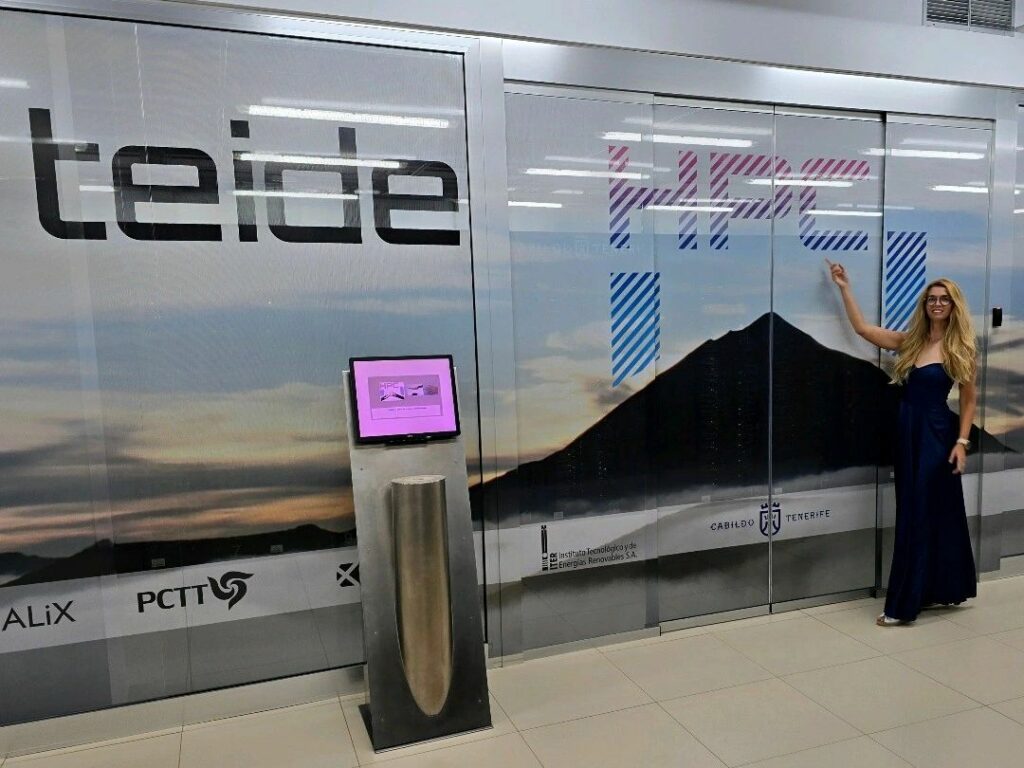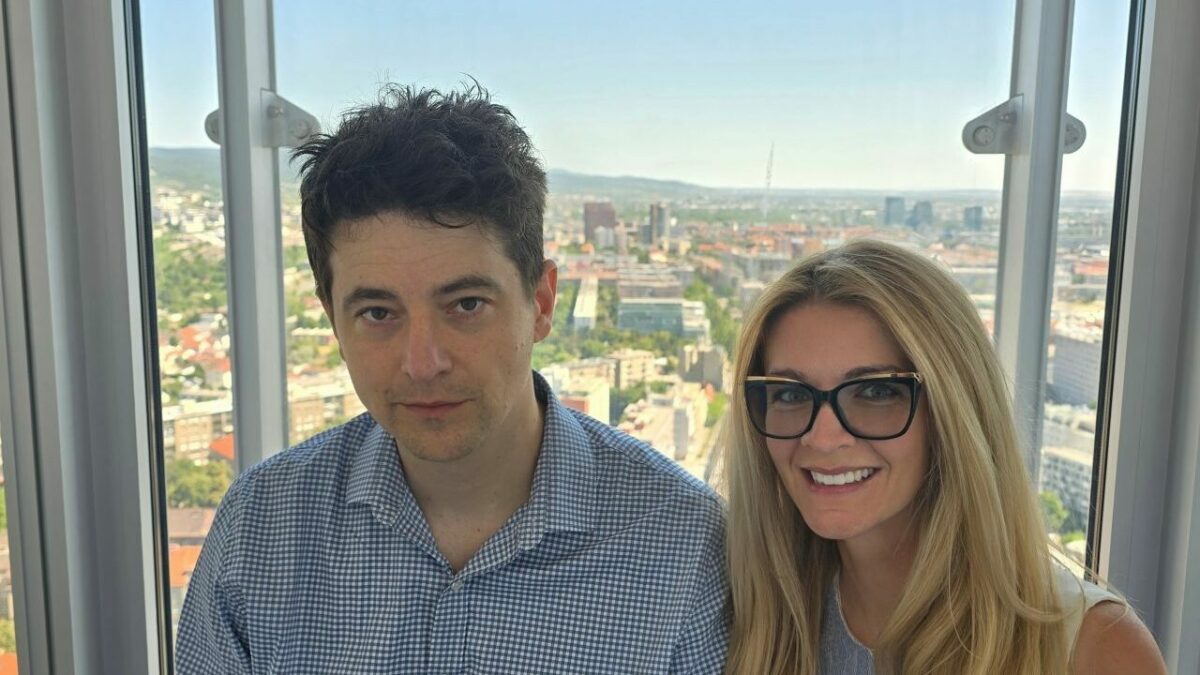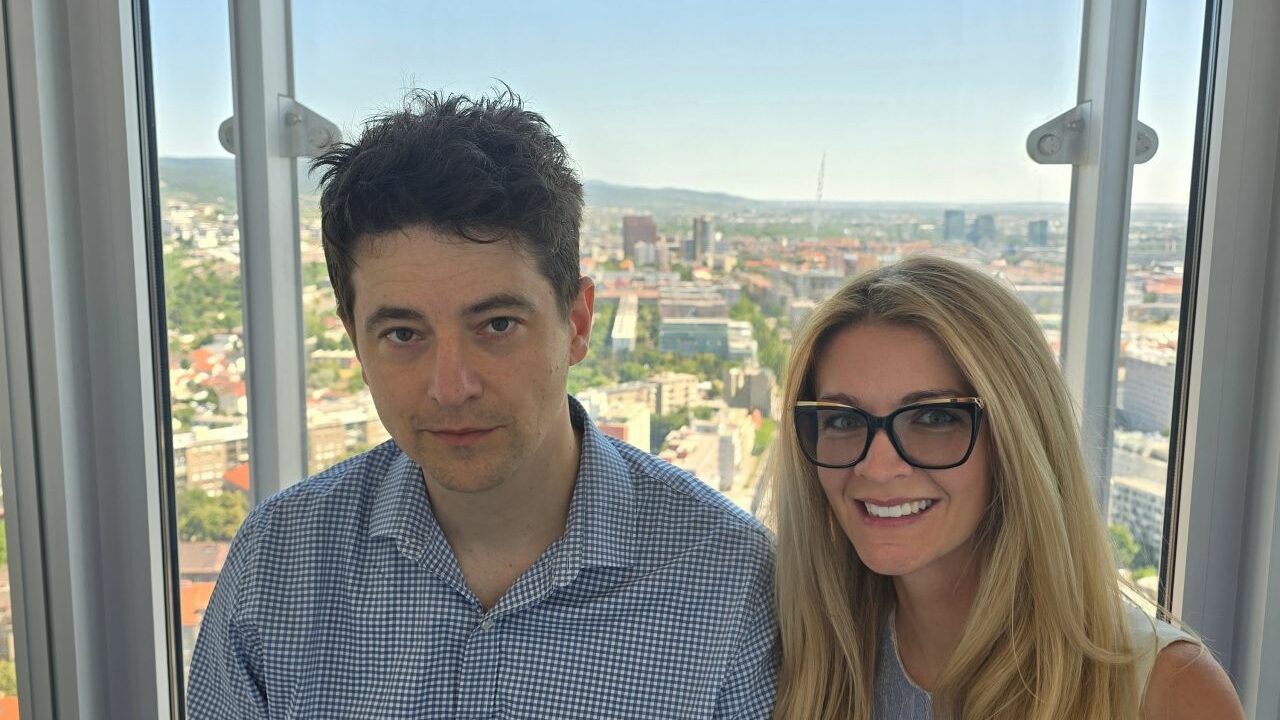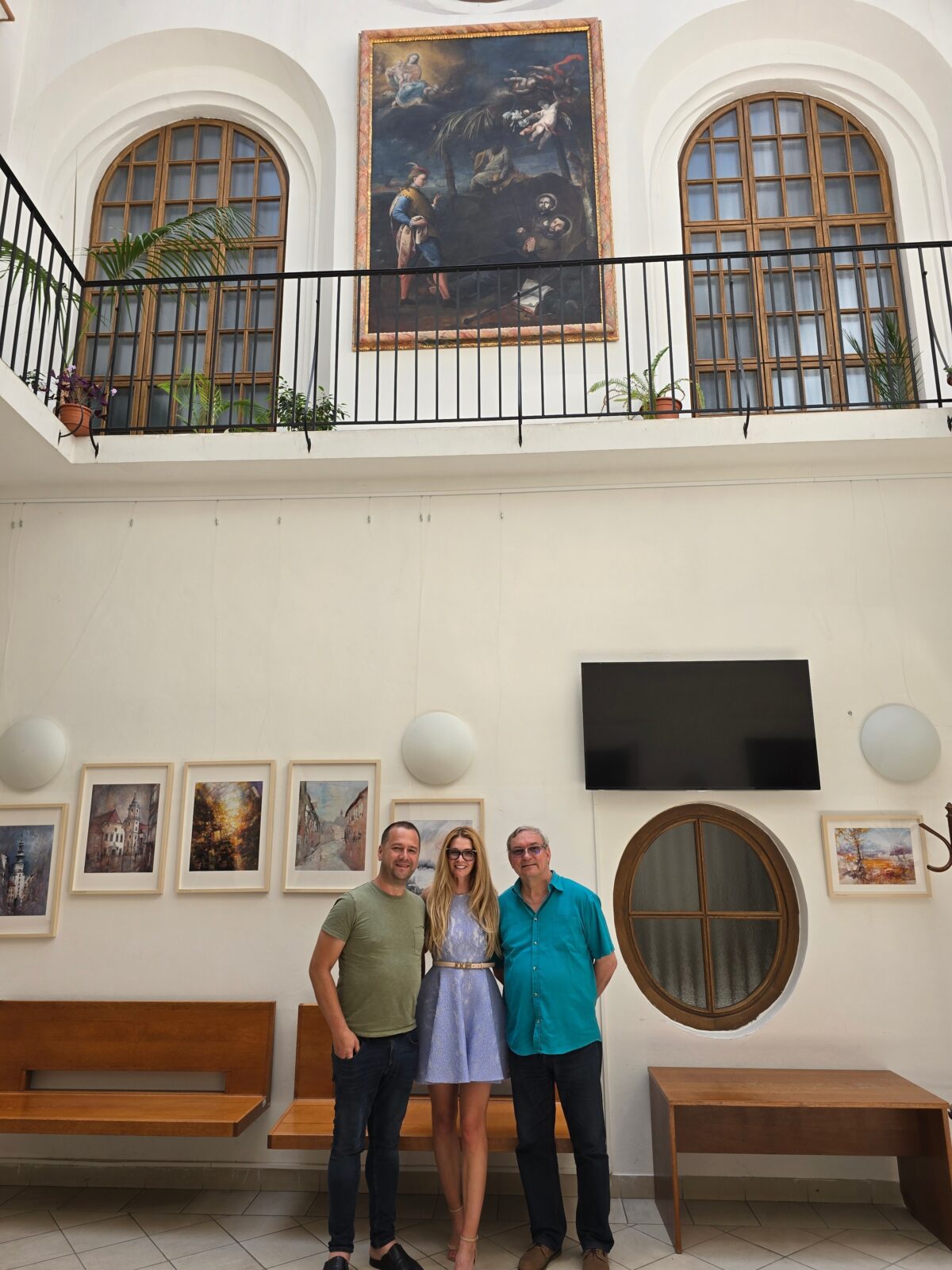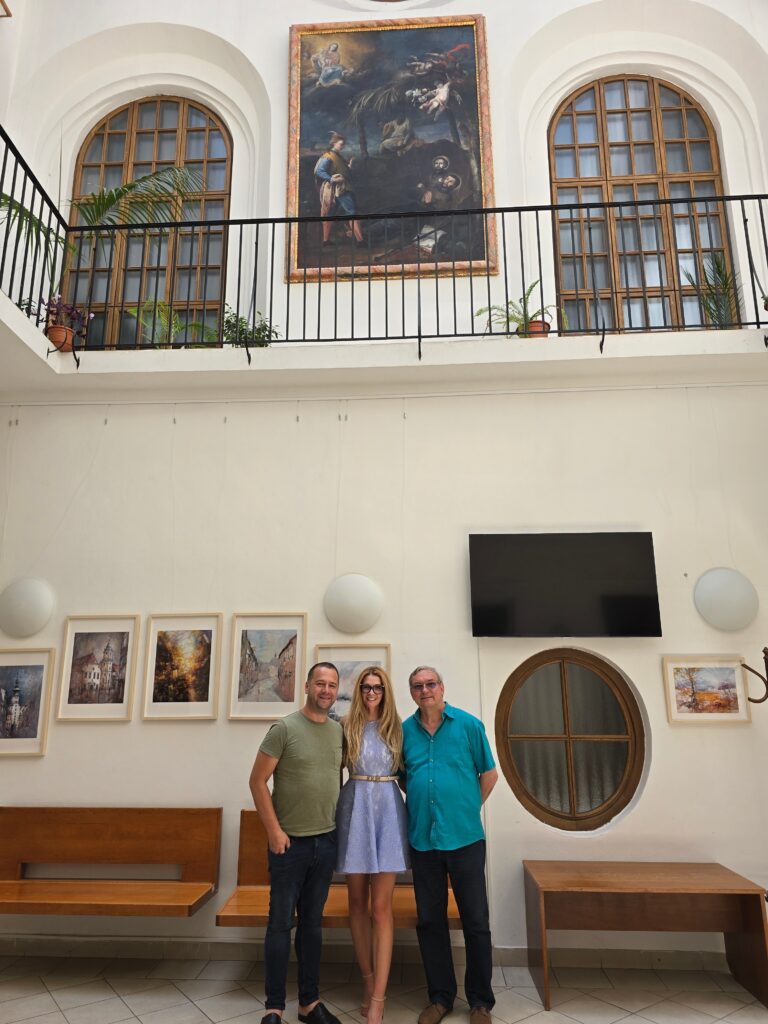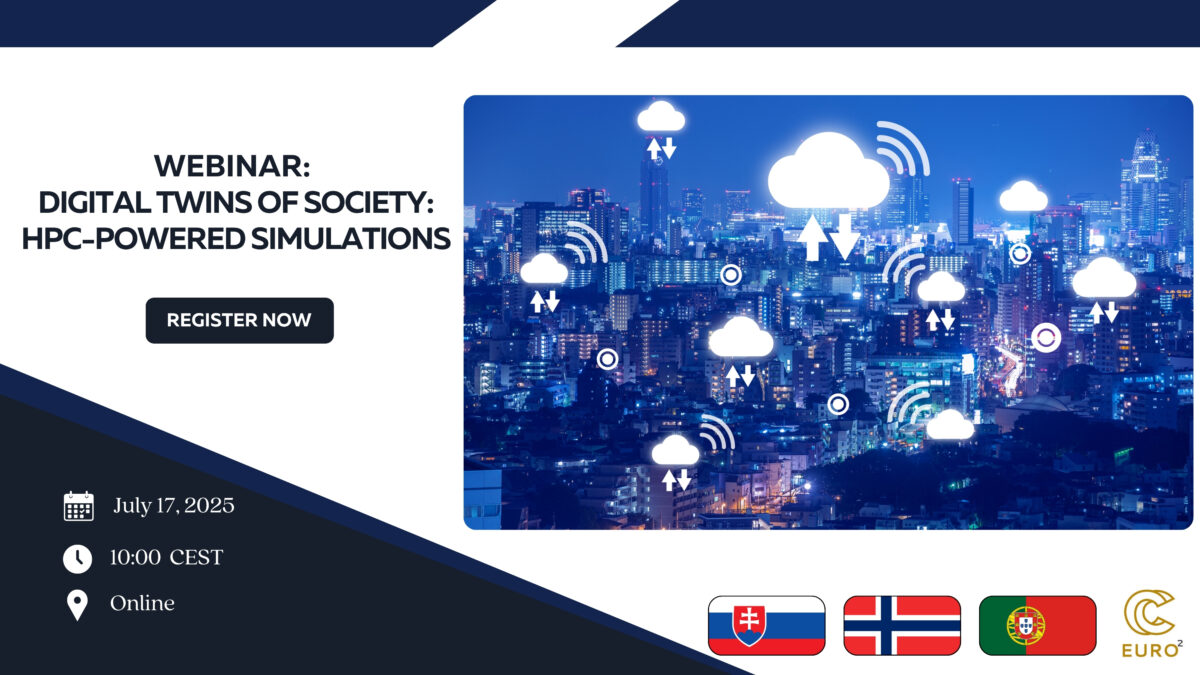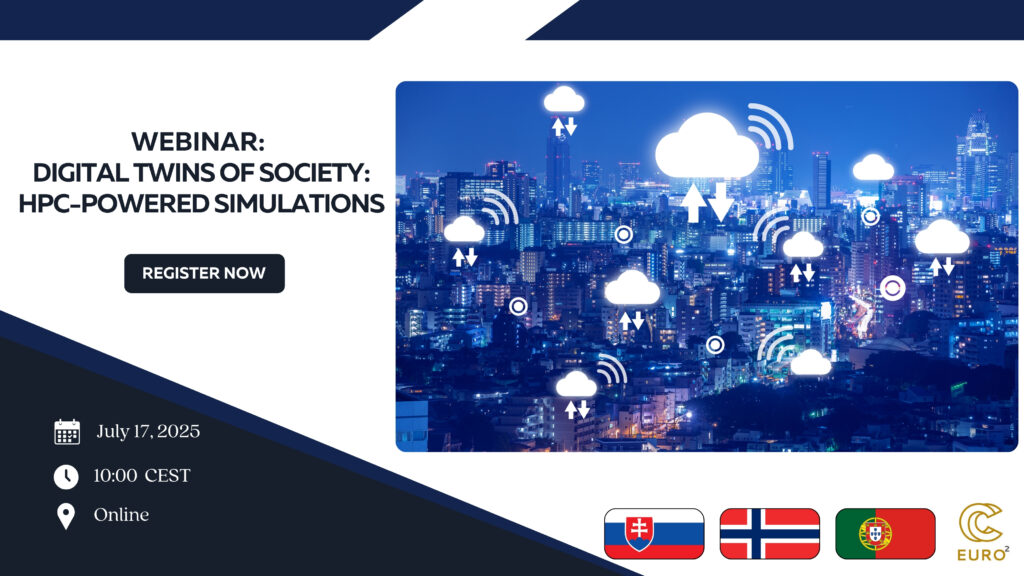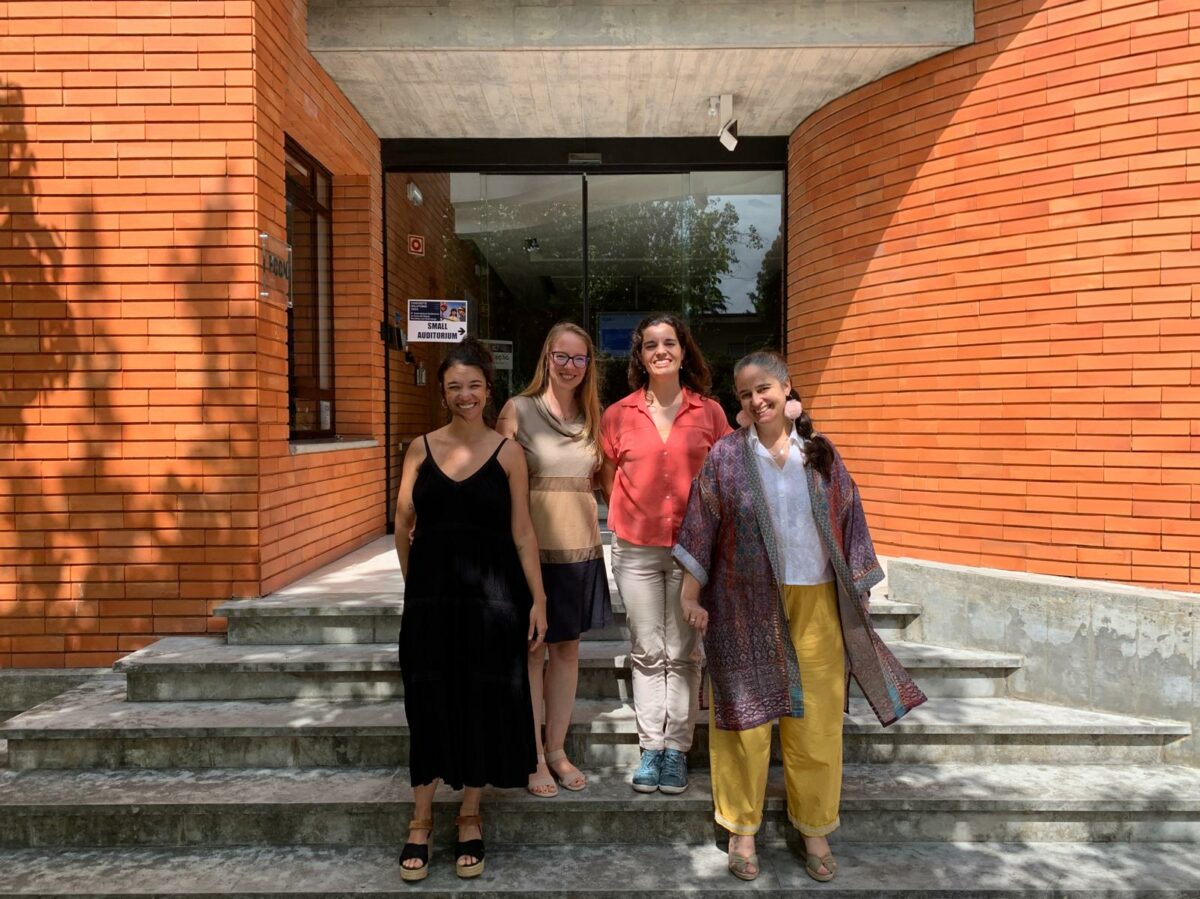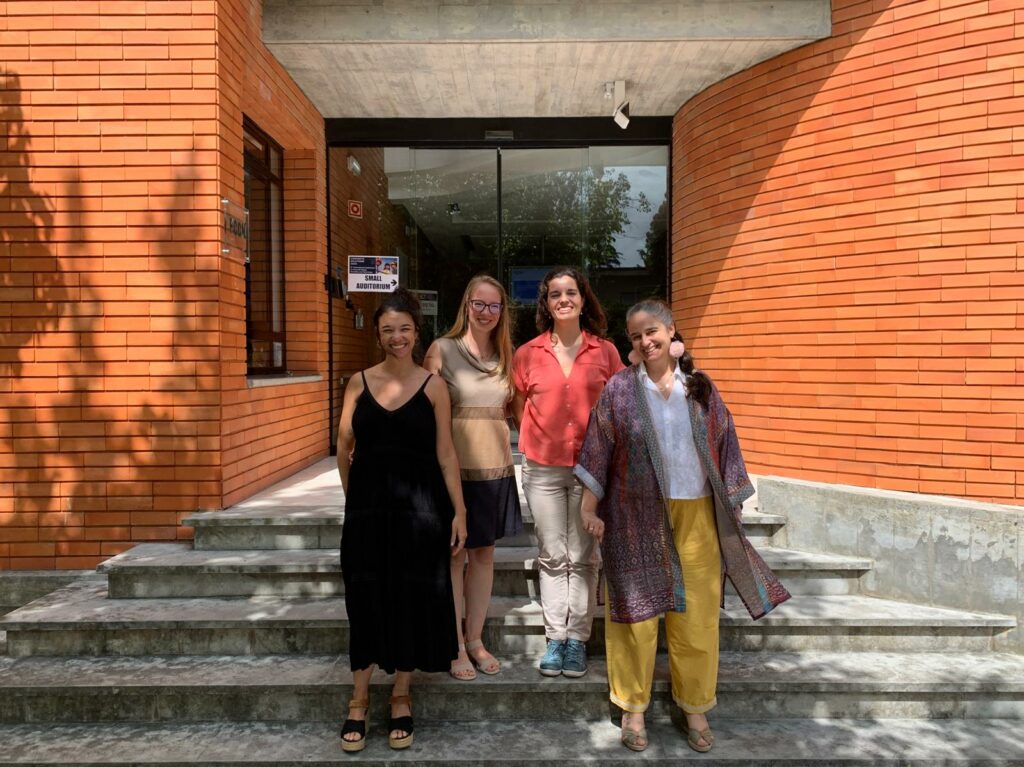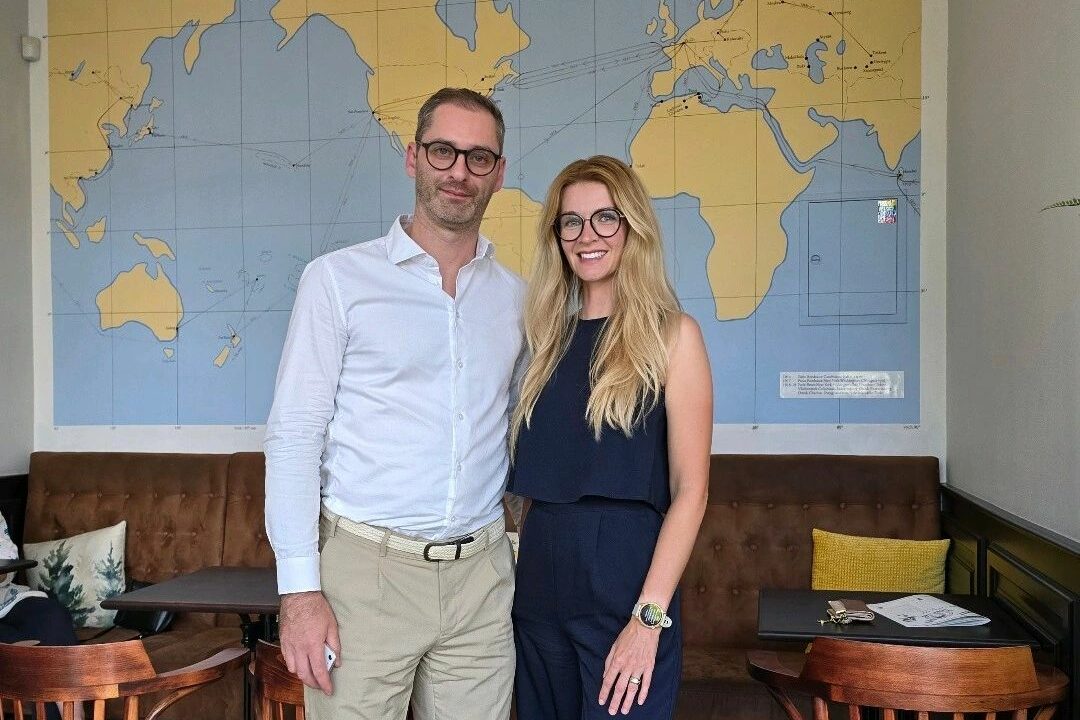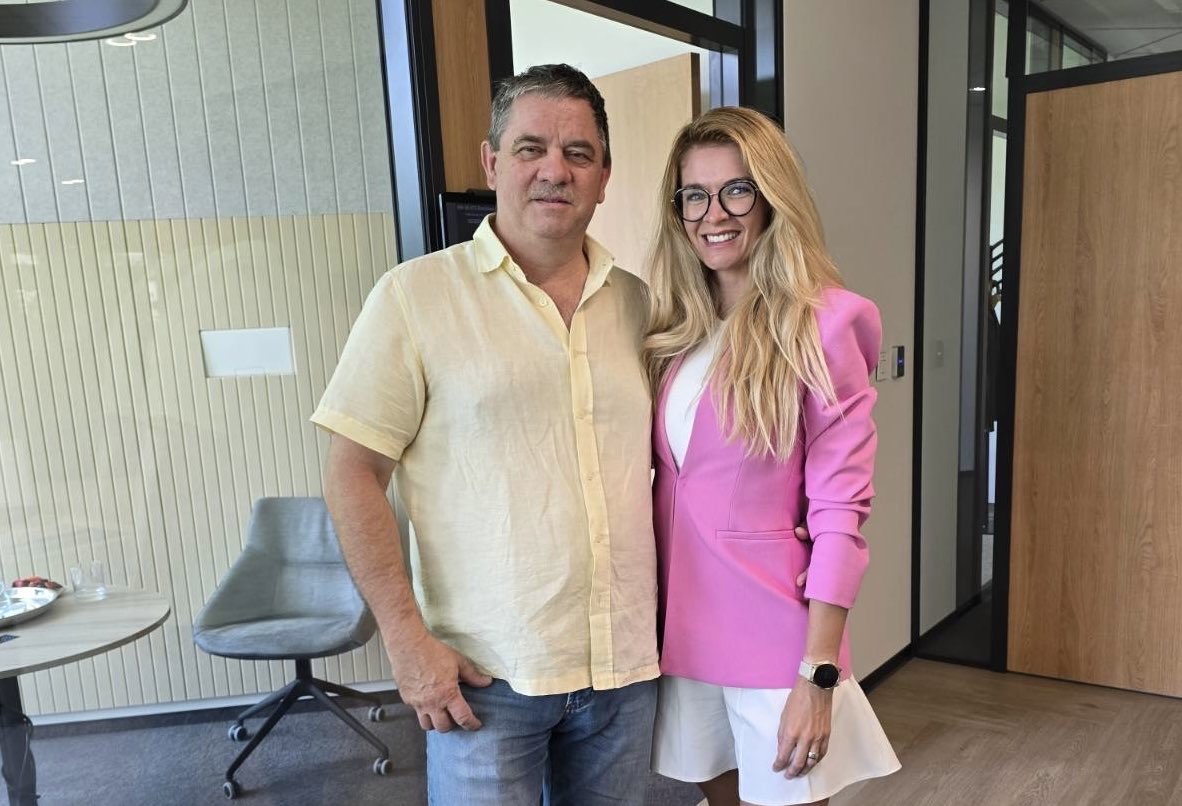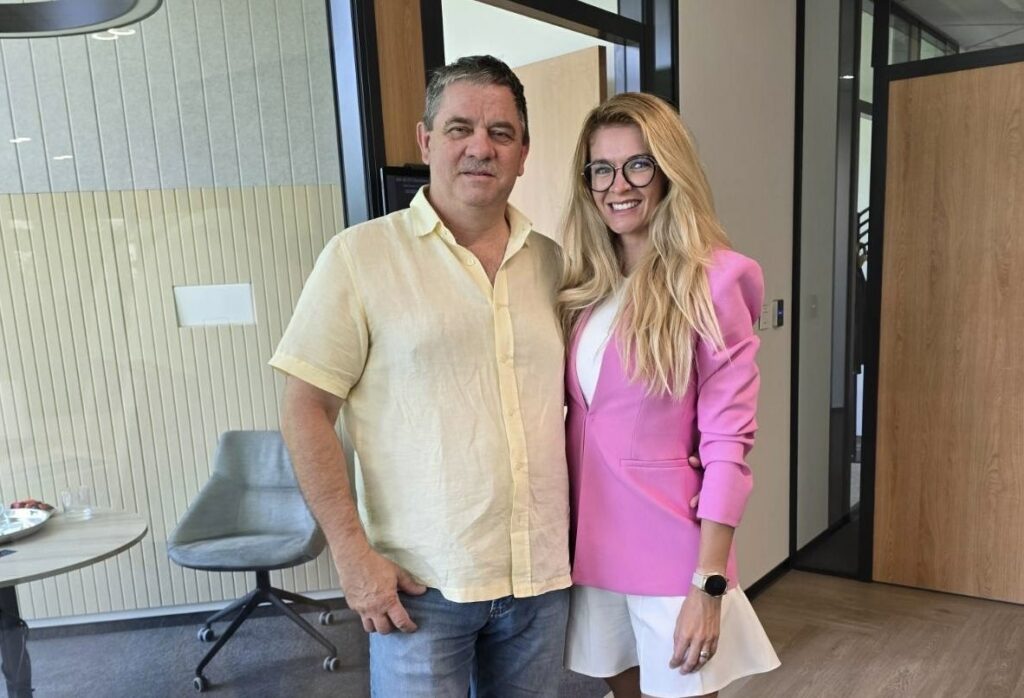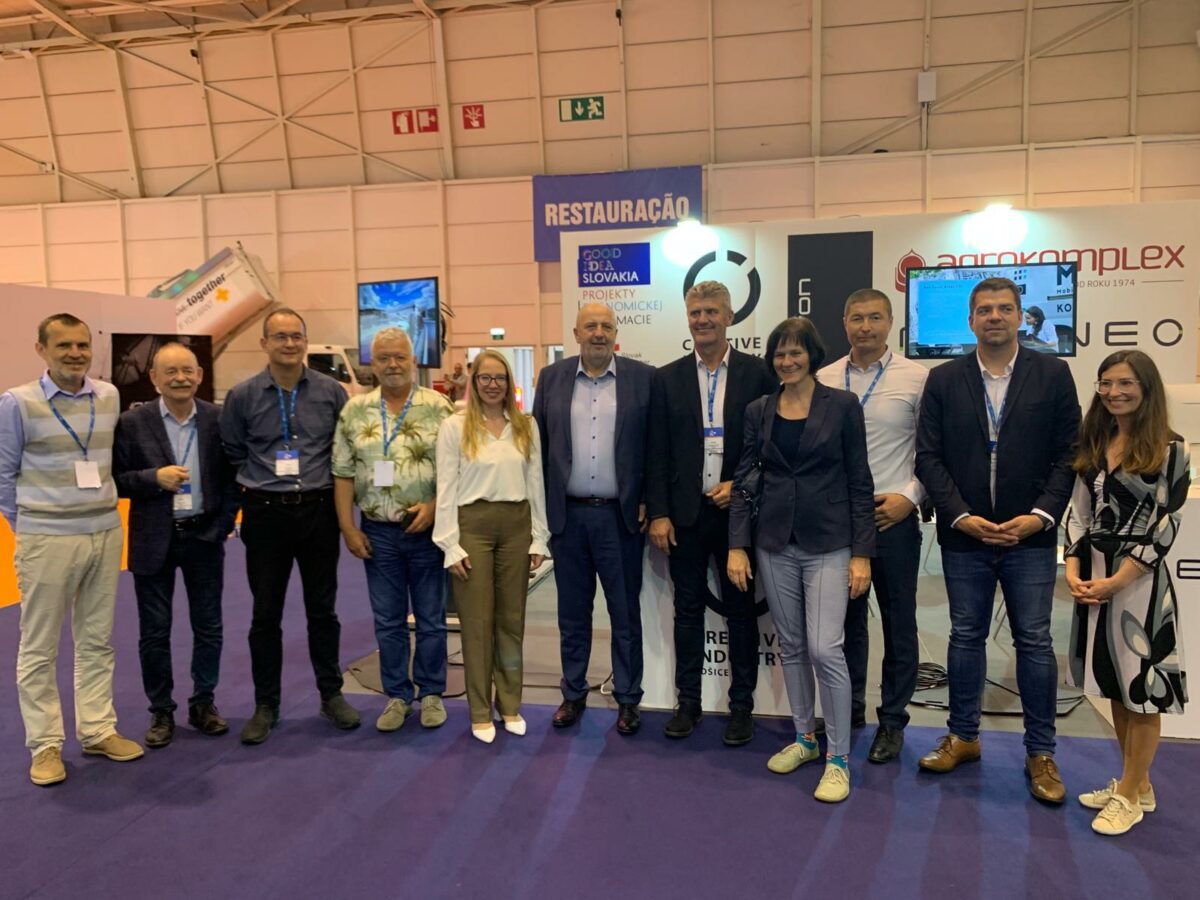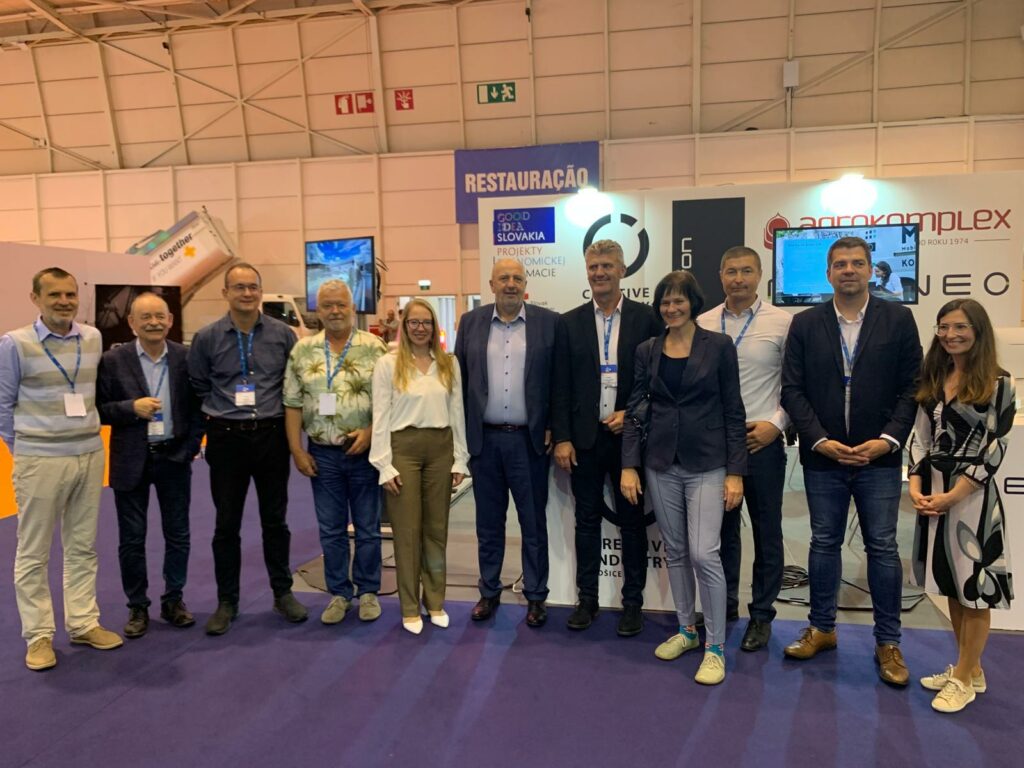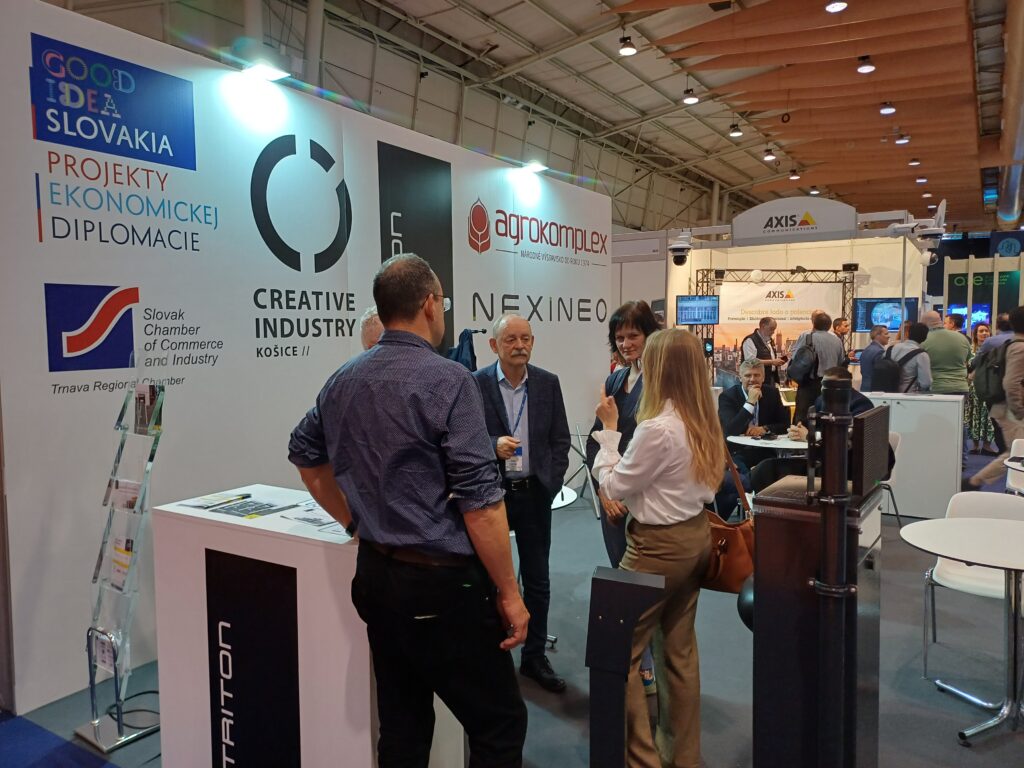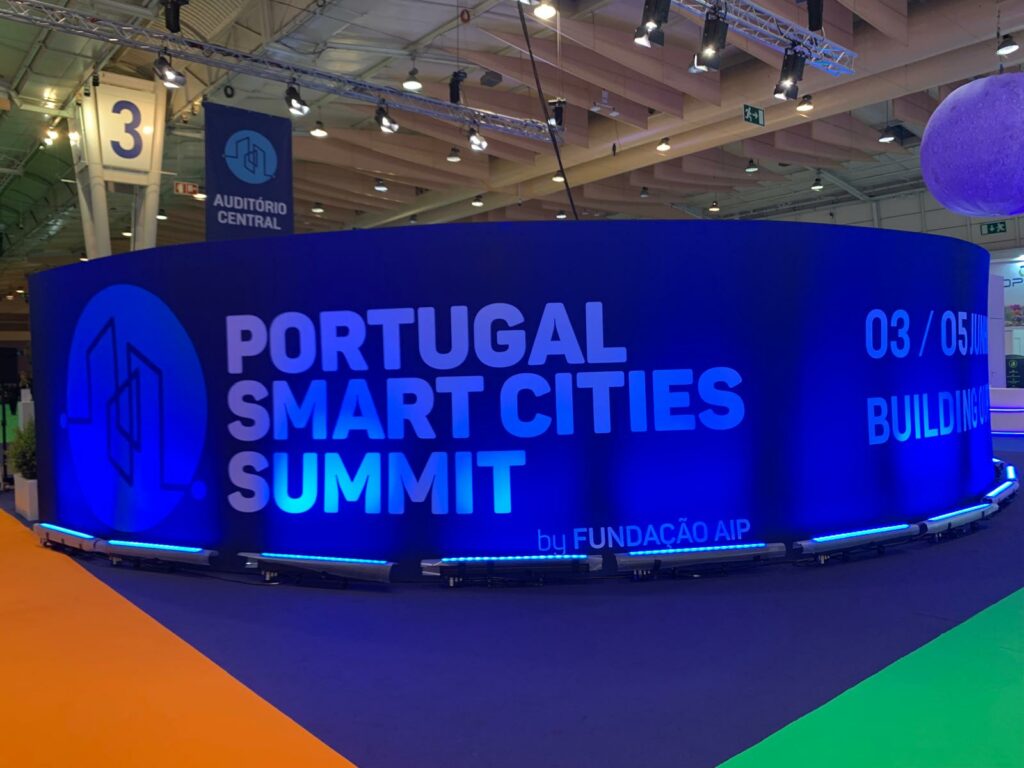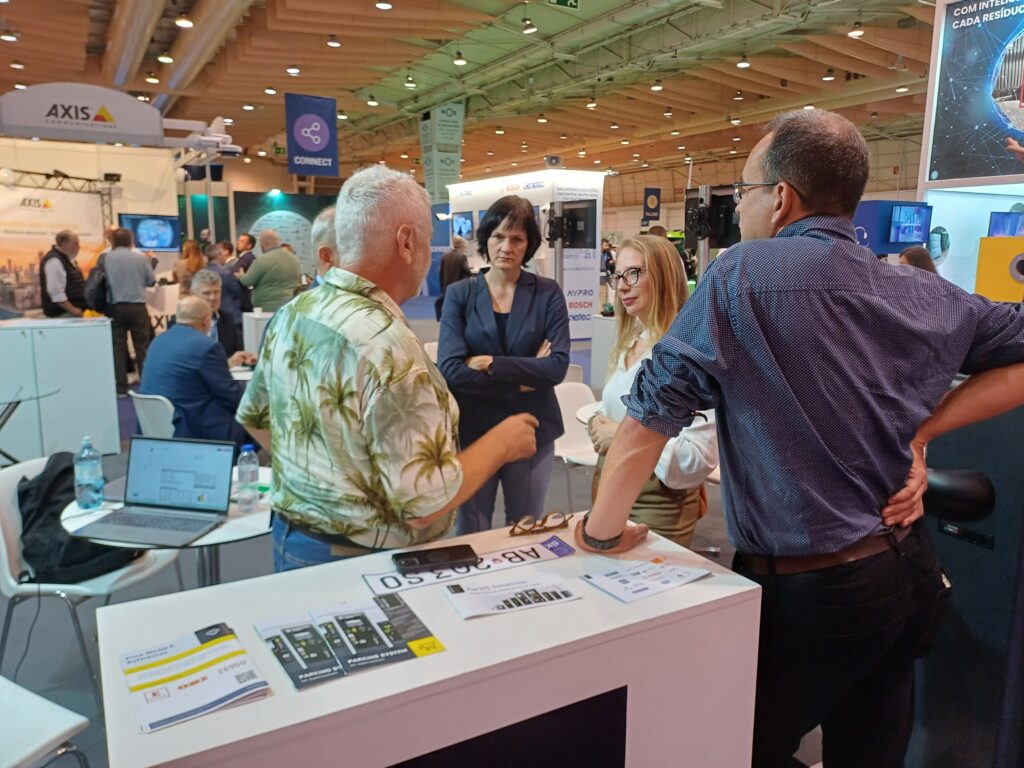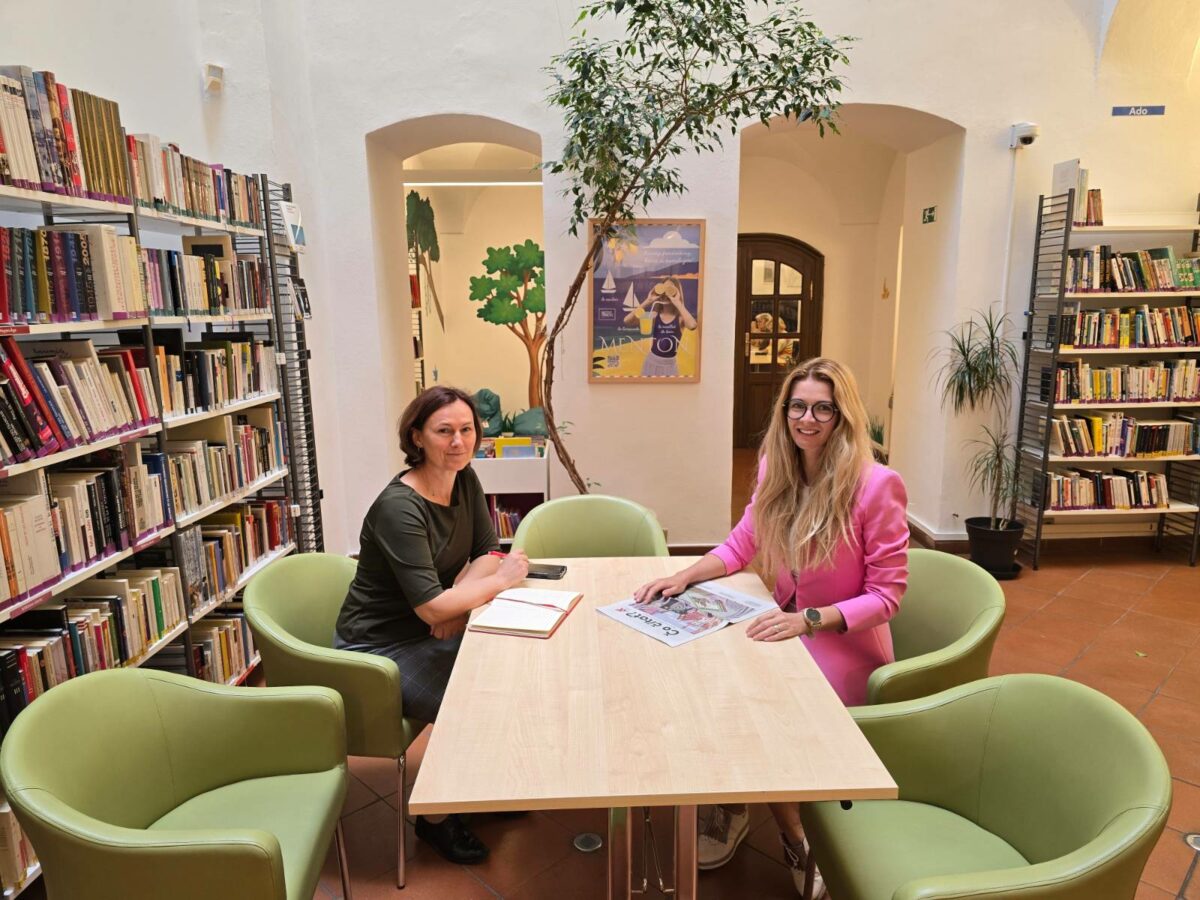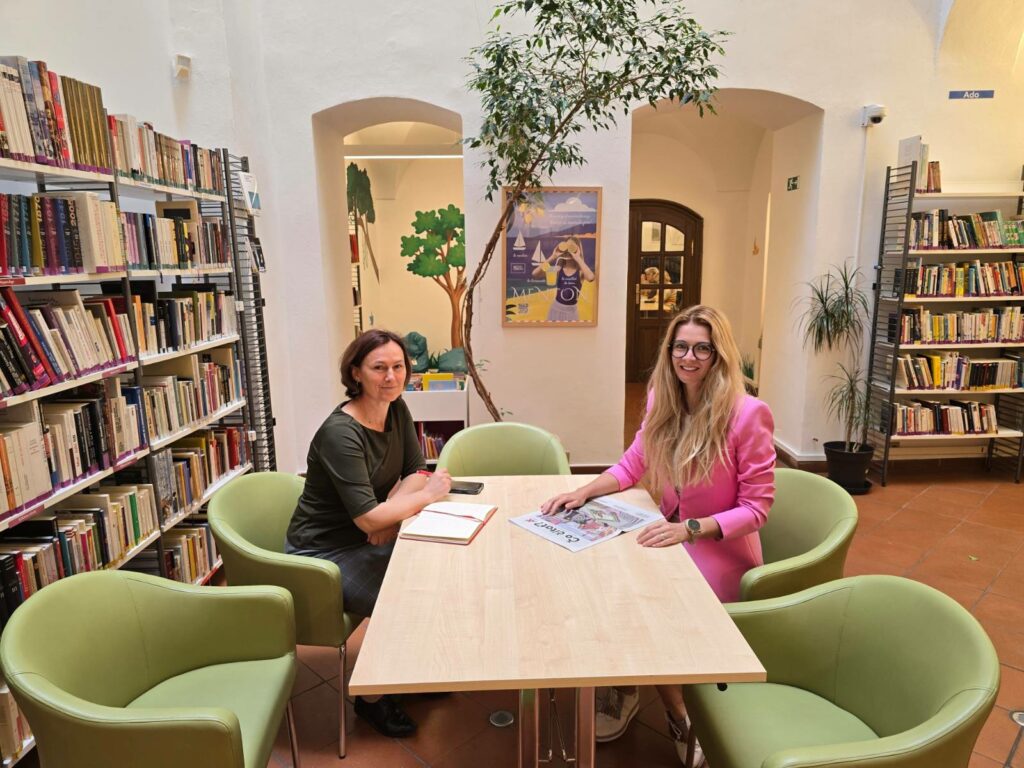Building International Cooperation in HPC: Visit to ITER Tenerife and Teide HPC
At the beginning of July 2025, Lucia Malíčková, representative of the National Supercomputing Centre (NSCC) and the National Competence Centre for High-Performance Computing (NCC for HPC), had the opportunity to visit the renowned technological and research institution ITER – Instituto Tecnológico y de Energías Renovables, S.A. on the island of Tenerife. As part of the working visit, she met with the center’s director Carlos Suarez and Jesús Rodríguez Alamo to discuss opportunities for establishing cooperation in the field of high-performance computing (HPC), research, development, and innovation using advanced technological infrastructures.
ITER: Research, Innovation, and Sustainability
ITER is one of the most prominent technological institutes in Spain, with a strong focus on renewable energy sources, green technologies, and innovative solutions for a sustainable future. The center plays a key role in bridging science and industry, creating conditions for the development of solutions with significant societal and environmental impact.
Part of this research ecosystem is Teide HPC, one of the most powerful supercomputers in Spain.
Teide HPC: A Symbol of the Union Between Nature and Computational Power
The Teide HPC supercomputer is housed in a seemingly unremarkable building in the industrial area of Tenerife. However, inside lies a technological gem capable of tackling the most demanding scientific and technical computations.
It is named after Mount Teide, the highest peak in Spain, whose symbolism is reflected in the graphic design of the facility itself. This design expresses the connection between the forces of nature and the power of computation – perfectly capturing the mission of the center.
Teide HPC is used not only for research in the field of renewable energy but also supports a wide range of multidisciplinary projects — from bioinformatics and artificial intelligence to simulations in energy, transportation, and climate science.
First Steps Toward Cooperation Between Slovakia and Spain
Lucia Malíčková’s visit represents an important step in strengthening international ties between Slovak and Spanish partners. During discussions with ITER’s leadership, several potential areas of cooperation were identified — including knowledge exchange, participation in joint research projects, expert mobility, and opportunities in education and training for HPC users.
The representative of NSCC and NCC also presented the Slovak high-performance computing ecosystem, as well as the services it offers to Slovak users from the academic, public, and industrial sectors.
An Inspiring Visit with a Vision for the Future
“This visit was incredibly inspiring,” said Lucia Malíčková upon her return. “I’m glad we had the opportunity to establish contact with such an important partner as ITER and Teide HPC. I believe this is the first step toward long-term and fruitful collaboration that can deliver tangible results not only for our institutions but also for the entire European research and innovation community.”
In the coming months, the National Competence Centre for HPC will continue its dialogue and explore concrete forms of collaboration.
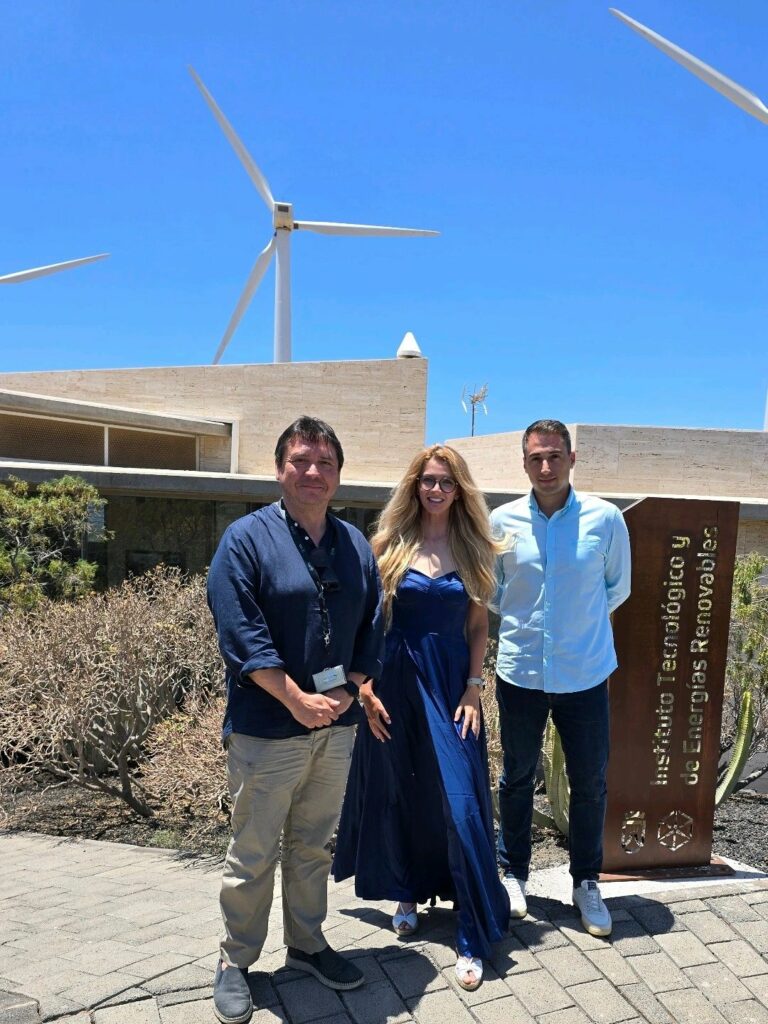
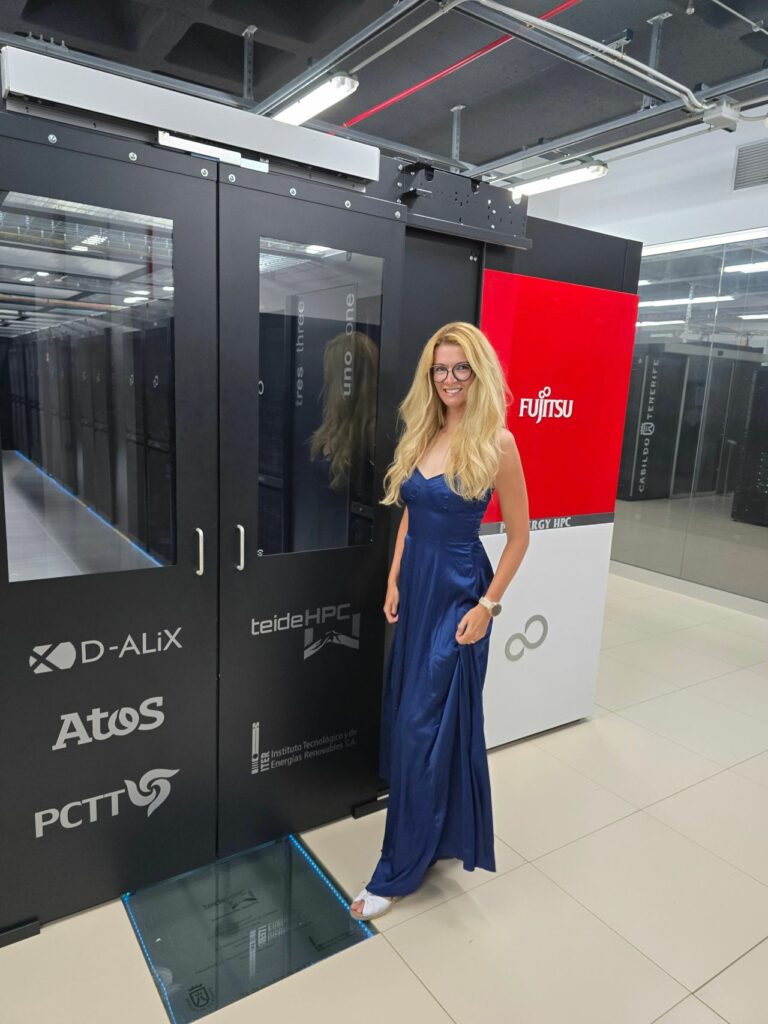
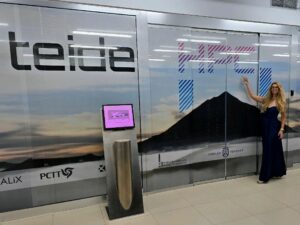 Building International Cooperation in HPC: Visit to ITER Tenerife and Teide HPC 17 Jul - At the beginning of July 2025, Lucia Malíčková, representative of the National Supercomputing Centre (NSCC) and the National Competence Centre for High-Performance Computing (NCC for HPC), had the opportunity to visit the renowned technological and research institution ITER – Instituto Tecnológico y de Energías Renovables, S.A. on the island of Tenerife.
As part of the working visit, she met with the center’s director Carlos Suarez and Jesús Rodríguez Alamo to discuss opportunities for establishing cooperation in the field of high-performance computing (HPC), research, development, and innovation using advanced technological infrastructures.
Building International Cooperation in HPC: Visit to ITER Tenerife and Teide HPC 17 Jul - At the beginning of July 2025, Lucia Malíčková, representative of the National Supercomputing Centre (NSCC) and the National Competence Centre for High-Performance Computing (NCC for HPC), had the opportunity to visit the renowned technological and research institution ITER – Instituto Tecnológico y de Energías Renovables, S.A. on the island of Tenerife.
As part of the working visit, she met with the center’s director Carlos Suarez and Jesús Rodríguez Alamo to discuss opportunities for establishing cooperation in the field of high-performance computing (HPC), research, development, and innovation using advanced technological infrastructures.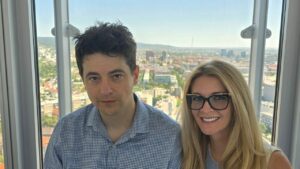 Meeting with Michal Valko, expert on large language models 15 Jul - The National Supercomputing Centre and the National Competence Centre for HPC, represented by Lucia Malíčková, met with prominent Slovak scientist Michal Valko, who is among the world’s leading experts in artificial intelligence and machine learning. They discussed opportunities for future collaboration, with a particular focus on leveraging Slovakia’s HPC capacities to support advanced research in large language models and algorithms that require minimal human feedback.
Meeting with Michal Valko, expert on large language models 15 Jul - The National Supercomputing Centre and the National Competence Centre for HPC, represented by Lucia Malíčková, met with prominent Slovak scientist Michal Valko, who is among the world’s leading experts in artificial intelligence and machine learning. They discussed opportunities for future collaboration, with a particular focus on leveraging Slovakia’s HPC capacities to support advanced research in large language models and algorithms that require minimal human feedback. Data, Theology and HPC: A Collaboration Seeking Paths to Understanding 8 Jul - Continuing our collaboration with the Faculty of Theology at Trnava University!
The National Supercomputing Centre (NSCC) and the National Competence Centre for HPC will continue their collaboration with the Faculty of Theology at Trnava University in 2025. Following a successful joint study that demonstrated the potential of artificial intelligence and high-performance computing in the analysis of religious texts, representatives of both institutions met again to identify new areas and opportunities for future joint projects.
Data, Theology and HPC: A Collaboration Seeking Paths to Understanding 8 Jul - Continuing our collaboration with the Faculty of Theology at Trnava University!
The National Supercomputing Centre (NSCC) and the National Competence Centre for HPC will continue their collaboration with the Faculty of Theology at Trnava University in 2025. Following a successful joint study that demonstrated the potential of artificial intelligence and high-performance computing in the analysis of religious texts, representatives of both institutions met again to identify new areas and opportunities for future joint projects.
